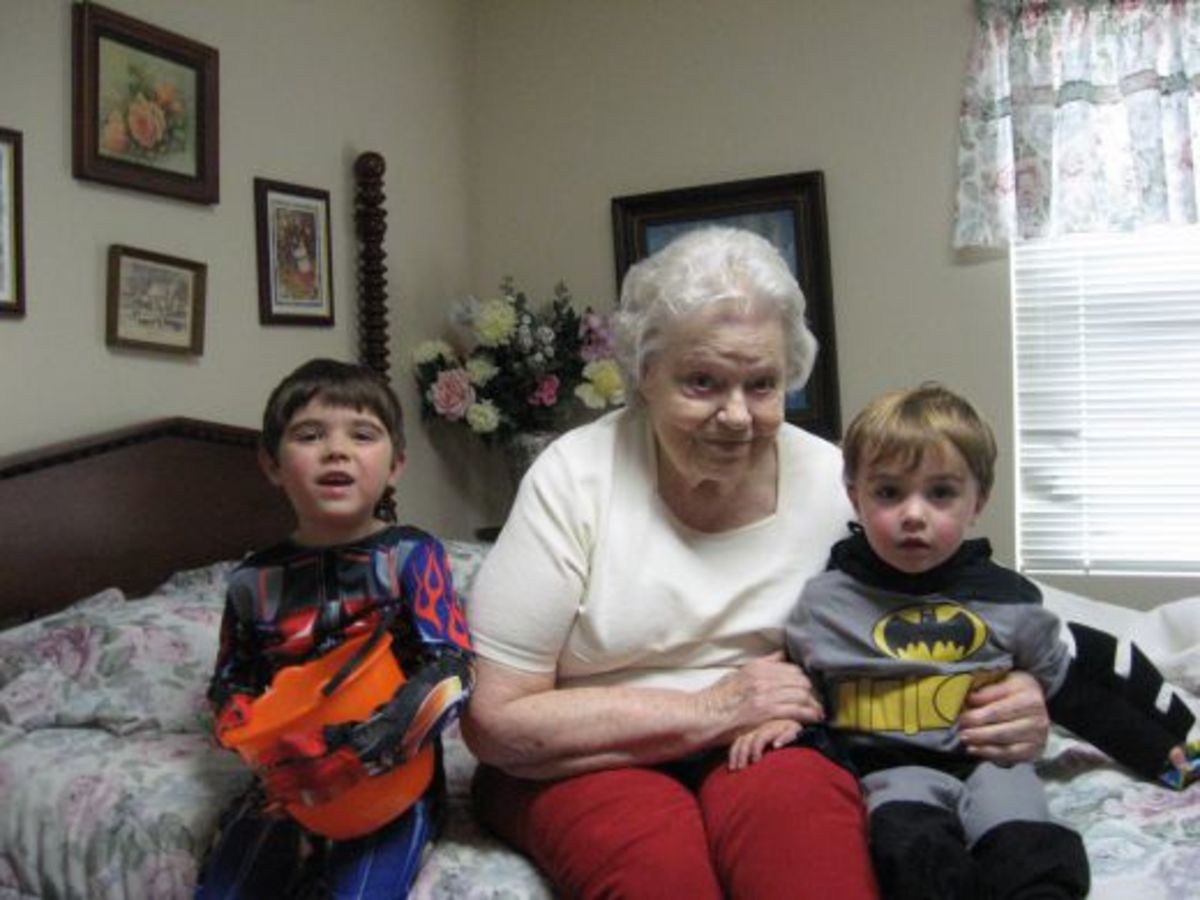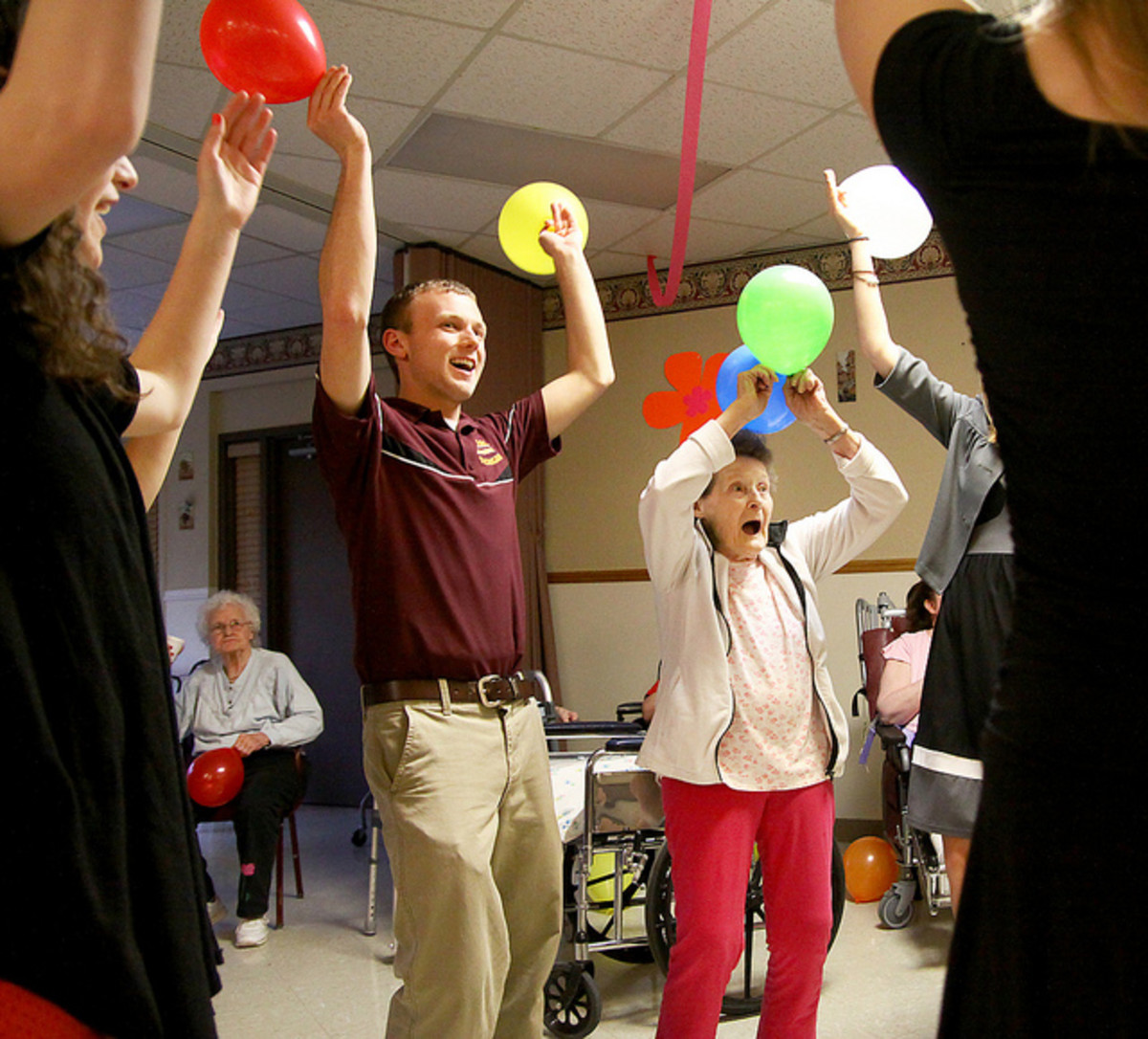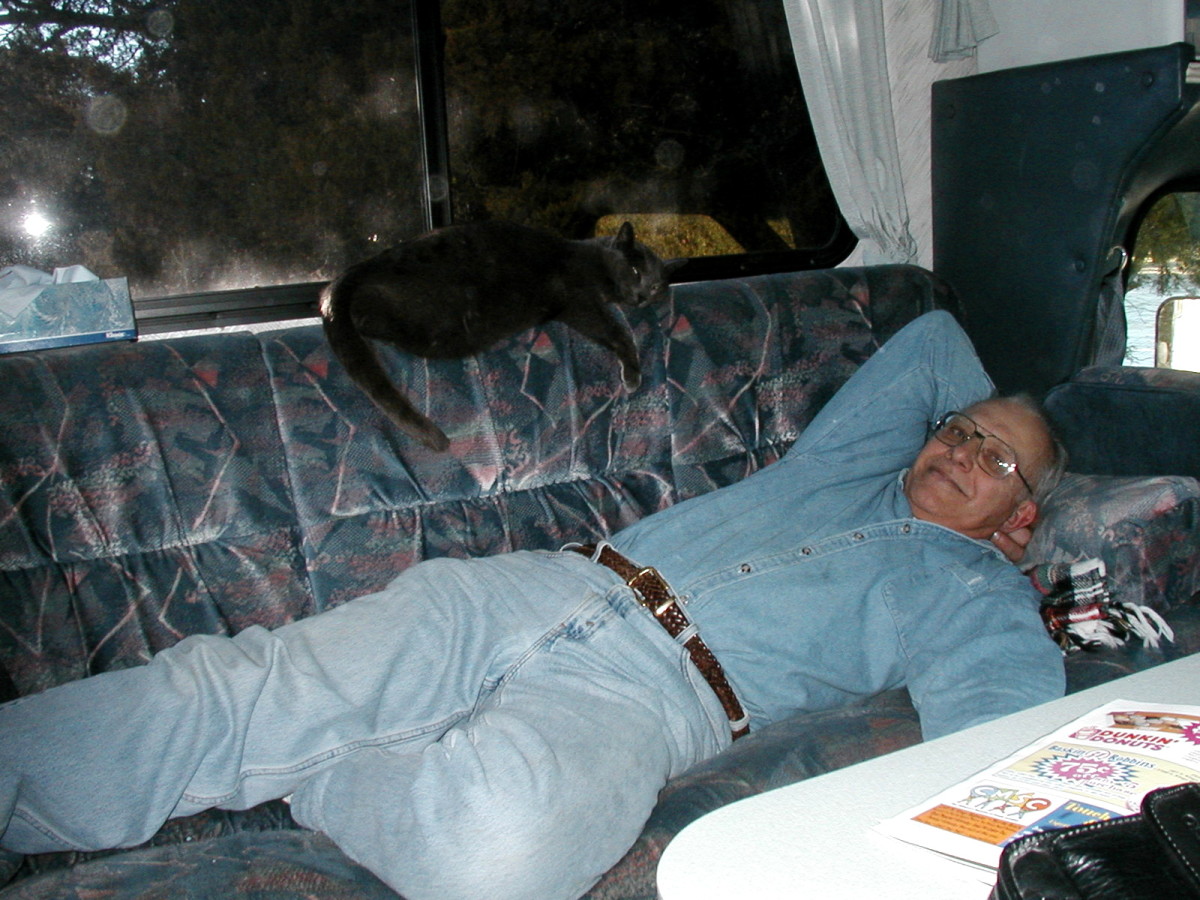What is in the Skilled Nursing Home?
Needed oversight
I have written about challenges that are ours and ours alone, in this generation. Today I would like to share with you about the changes on the horizon in Dementia Care for all of us. As we are aging we have heard from everywhere and everybody, from entertainment, work, family events, home or anywhere; we are hearing about the dementia that is affecting, costing or new beginnings. The truth is dementia diagnoses is not that new. What is new, are the differences in care and the new legislation on the pipeline to all of us. DSHS and Justice in Aging are working together to begin the Skilled Nursing Facility (SNF) into this century for the care of dementia those suffering from dementia. Licensure of medical staff is over seen by DSHS. Also the licensure of facilities staffinvolved in providing medical and custodial care staff and facilities.
This legislation being purposed and fine tuned for our needs is very similar to the 1960’s cancer, 1990’s diabetes and so forth. The efforts are fined tuned to how and when to give care. For those who have had limited interaction with people having this affliction must wonder what all the noise is about. This diagnosis walks side-by-side with the mental health care in the 1950’s.
There are many different forms of dementia and very little training to prepare those in medical care or institutional care providing services. Few caregivers are trained and able to appropriately handle the kind of care necessary. Until the recent years we have pushed dementia and the care of people with this disease to the back of the room and pulled the curtain to conceal them. Frequently in a misguided sense of providing care to safeguard these people we have used sedation to protect them. We began to wake up to the need for this training in the early 1990’s. This happened about the same time as our experts finding all dementias are not the same and some is not even dementia, rather a symptom of another disease.
Initially we thought, or at least named dementia Alzheimer’s disease. This probably was due to our earlier diagnosis of Organic Brain Syndrome, Senile Dementia and a few more which have now been replaced with better titles for the disease or ailment associated with. The truth is each dementia has hallmark characteristic all its own. Some can be cured with very simple adjustments in the person’s life. Some are an indication of far more involved things going on. And some a disease which will need treatment we are just really delving into.
Dementia care requires astute and vigilant care givers as well as medical professionals who take the time and have special training to put together the puzzle. An example is dementia that appears rather rapidly and seems to keep getting worse with each day. It is very possible in an elderly person this maybe as simple as a Urinary Tract Infection. Treating the UTI may resolve the dementia. The initial diagnosis and treatment is in the hands presenting an accuracy history and/or symptomology of the caregiving staff. Without the training and knowledge of each specific dementia our caregiver does not have the ability to know what is dementia and what is another disease. A dementia which seems to develop slowly, but peaks quickly and then will move along this plateau only to suddenly peak again in a few months is possibly caused by Vascular Disease. As you can see the two examples require, in our current medical care, different medical specialties. Again the correct diagnosis requires a caregiver presenting a good history of the disease and knowledge of the patient. This does not require the caregiver to be a medical provider; rather they need to present the facts without emotion to the medical provider. This is no small task when discussing our spouse, mother, father, sister or brother.
When the person is living in the family home with a caregiver who has known the person over several years, the necessary information is usually easily presented to the medical provider. The crux of this dilemma comes when for any reason a person is admitted to a medical care facility with only cursory information regarding their medical and personal history. In the case of a UTI, this person can go a long period of time prior to the diagnosis because they are unable to tell the staff the symptoms they are experiencing. Being unable to express the details of the medical issue. It is not easy for someone with a dementia to express these issues when in reality they cannot in many cases discern what is on their dinner or breakfast plate.
In the 1960’s we discovered the tremendous lack of supervision and standards of care in our Skilled Nursing Facilities (nursing homes). Plagued with vast errors in day-to-day care of people with dementia testing and programs to improve the quality of care in medical institutions in the United States. It took time and a trial and error system to provide the quality of care we see today. All and all the quality of care in the U.S., today is light-years above what was offered in the 1960’s.
We are now facing the same issues regarding care for those with dementia. And knowledge of ways to provide quality care for those individuals I a stress free setting. Our dementia care knowledge is in its infancy across the U.S. There maybe a specific type of care subscripted to in one area of the state and completely different in other areas. And although each type of care may have strong points these points may not be correct for the different stages of care. Certainly, now that we have all learned some of the different illnesses have different types of dementia, we also understand the types of care could vary. Example: A person vascular dementia will usually not lose the ability to physically dress themselves, early on in the disease process. Where a person with Alzheimer’s dementia will many times lose the ability to know in what order to put their clothes on such as shoes with socks on over the shoes or be totally unaware of the buttons and how to button the garment. Hopefully, the changes we see at a national level will be to train caregivers to understand the different types of dementia and the losses associated with them. It would be of benefit to all concerned if the ‘hands on’ caregivers have a first hand knowledge of the different skills and pitfalls being affected. Rather than organizing the establishments in like care settings, training all the medical staff to recognize the type of illness and how to approach the type of required care for each particular person. This will certainly be productive for the caregiver to have continuity of care. Just as we currently expect a registered nurse to know how to treat a person with heart disease as apposed to a patient with diabetes. This is especially important as many patients with dementia have little or no medical issues.
With continuity of care and training will help select residential care, which is a better fit for each person. Individual’s being placed today frequently loses that personal touch of atmosphere while exchanging it for the dementia care, which will work best for them. An example of this is brought to mind of a person with Alzheimer’s disease who has spent their entire life working with their hands, a carpenter by trade. Being placed in a specific setting without the ability to go outside to get fresh air or use their hands to accomplish some projects, will create a situation where the person may not feel they are home and continue to look for ways to go home to the place where they have done carpentry. When a person has spent all of their life working at a desk, will be totally out of their element when ask to take care of the facility paper delivery.
Care Plans must be tailor made to each person. To accomplish this a ‘life story’ is necessary for the elements necessary to plan well. If knowledge of the fear of small animals is known we can plan for that event. If the person has been either physically attack or abused, we need to put in to the plan a safe place for this person and not aggravate the fear. The bedtime routine is very important, as are the bathing routine and eating routine.
As we see these changes will not be easy or quick, they will however create a peaceful, free lifestyle for those with dementia.
© 2015 Marsha Caldwell





